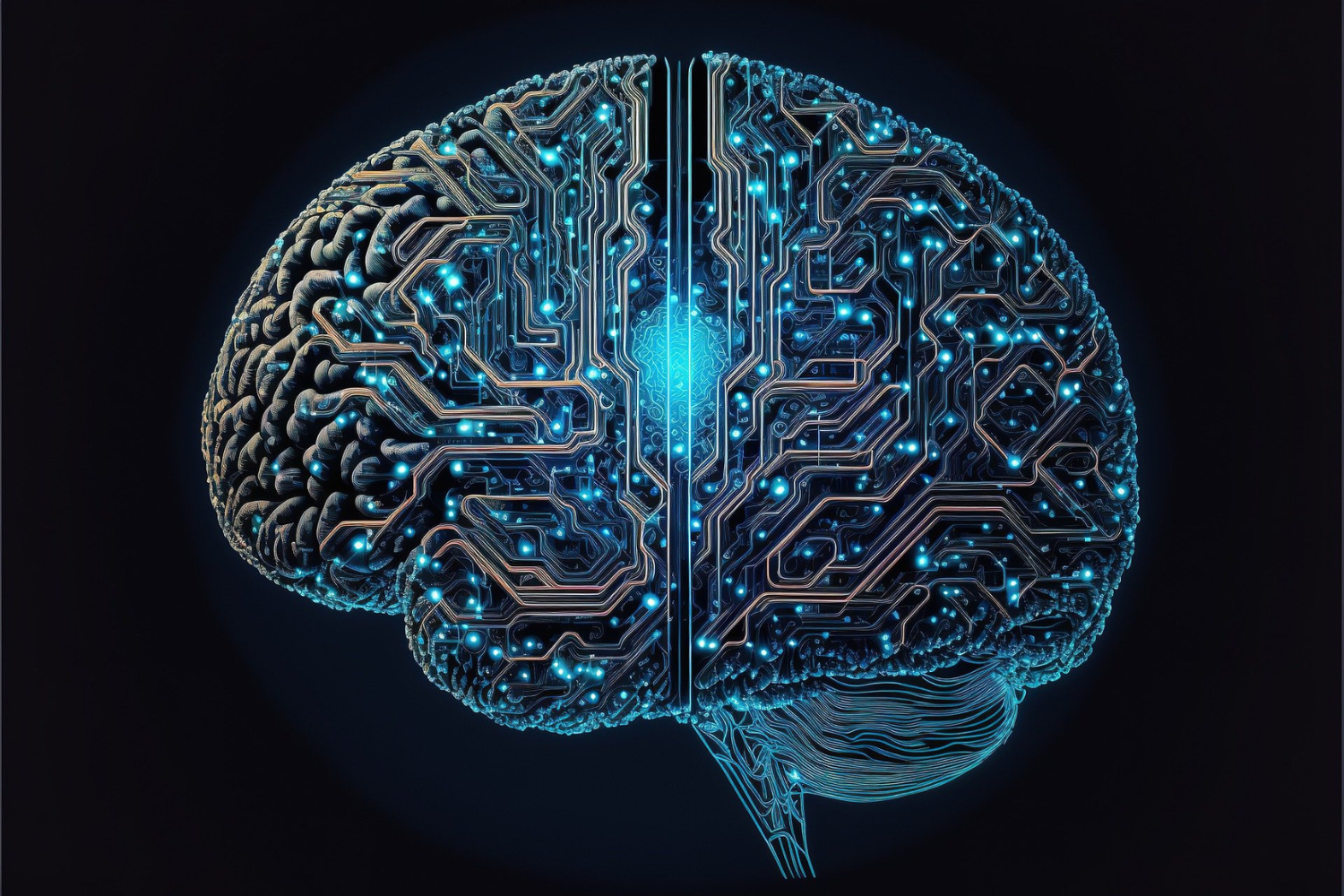Andrej Karpathy has unveiled NanoChat, an open-source framework that lets users train a small-scale language model for around $100 in just a few hours. Designed for accessibility and education, the project offers a simplified path into AI model development without requiring large-scale hardware.
Running on a single GPU, NanoChat automates the full training process, from tokenisation and pretraining to fine-tuning and deployment, using a single script. The resulting model contains about 1.9 billion parameters trained on 38 billion tokens, capable of basic reasoning, text generation, and code completion.
The framework’s compact 8,000-line Python codebase is readable and modifiable, encouraging users to experiment with model design and performance benchmarks such as MMLU and ARC. Released under the MIT Licence, NanoChat provides open access to documentation and scripts on GitHub, making it an ideal resource for students, researchers, and AI enthusiasts eager to learn how language models work.
Would you like to learn more about AI, tech, and digital diplomacy? If so, ask our Diplo chatbot!










